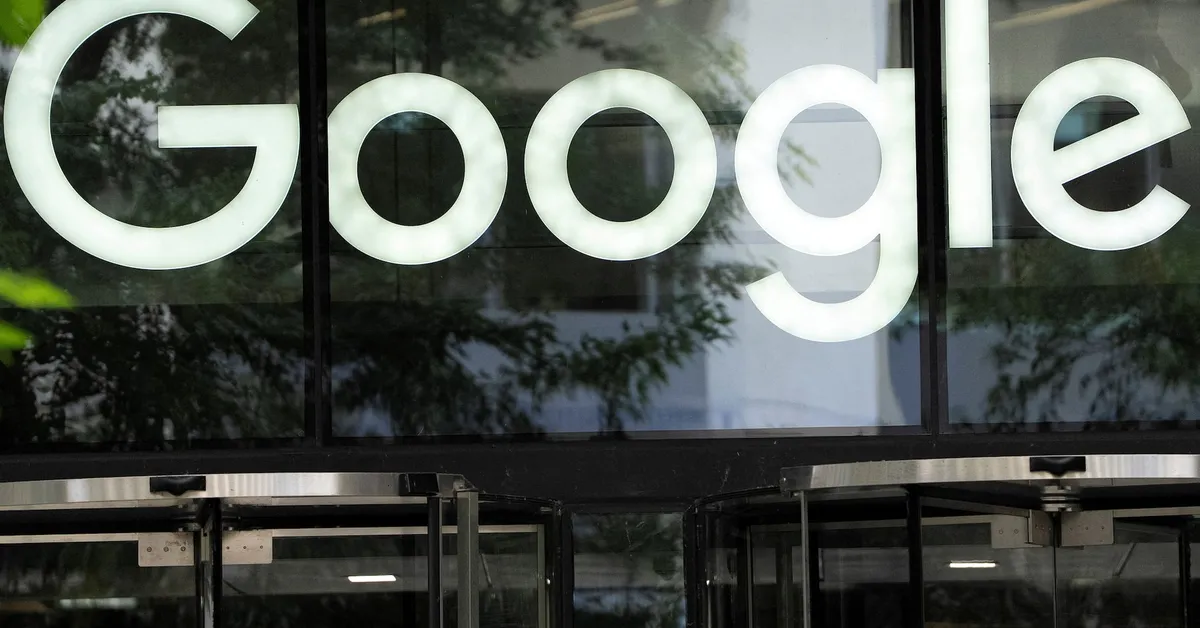
Google finds itself in a pivotal position as the first company subjected to new regulatory powers from Britain's competition authority, aimed at addressing the dominance of Big Tech. On October 10, 2023, the Competition and Markets Authority (CMA) confirmed that Google maintains a strategic foothold in the UK search and search advertising market, with over 90% of all searches conducted on its platform. Will Hayter, the CMA's Executive Director for Digital Markets, highlighted this significant market share during the announcement.
The CMA's recent move empowers the agency to implement interventions designed to foster competition within Google's search services. Importantly, this does not indicate any wrongdoing by Google, nor does it lead to immediate operational changes. However, the CMA does possess the authority to impose fines for non-compliance and has direct enforcement capabilities. In June, the CMA outlined potential changes, which may include implementing fairer ranking mechanisms in search results, facilitating easier access to alternative search engines for consumers, and granting publishers greater control over the use of their content in AI-generated responses. The CMA plans to consult on any proposed interventions later this year.
In response to the CMA's actions, Oliver Bethell, Google's Senior Director for Competition, expressed concerns that many proposed interventions could hinder innovation and growth within the UK. He warned that such changes could slow down product launches, particularly during a time characterized by significant advancements in AI-based technologies. Notably, Google had announced a substantial investment of £5 billion (approximately $6.65 billion) in the UK just last month, emphasizing its commitment to the market.
This ruling marks the CMA's inaugural exercise of its new powers to combat Big Tech dominance. Additionally, the CMA is conducting a second investigation into mobile operating systems, which could lead to Google receiving a regulatory designation focused specifically on Android. The scrutiny of Google is not limited to the UK; the U.S. Federal Trade Commission has launched an investigation into Google's and Amazon's search advertising practices, while the U.S. Department of Justice is seeking to compel Google to divest certain advertising technology tools. Moreover, the European Union recently levied a $3.45 billion antitrust fine against Google for anti-competitive practices in its advertising technology sector.
Despite the potential for significant interventions, legal experts suggest that the changing political landscape in Britain may reduce the likelihood of major regulatory actions. Following the CMA's acquisition of new powers, the UK government directed the agency to prioritize growth and minimize uncertainty for businesses. In January, Doug Gurr, a former Amazon executive, was appointed as the CMA’s interim chair to help navigate these challenges. Tom Smith, a competition lawyer at Geradin Partners and a former CMA director, emphasized that there is a compelling case for mitigating the market distortions created by Google's monopolistic position. This includes granting website operators increased control over how their content is utilized for AI training, which could help level the playing field for other AI companies.
It is essential to note that Google's Gemini AI assistant is currently outside the scope of the CMA's designation, although other AI-driven search features, such as AI Overviews and AI Mode, are included in the regulatory review.
As the situation unfolds, both consumers and publishers await the outcome of the CMA's consultations and potential interventions, which could reshape the landscape of online search and advertising in the UK.